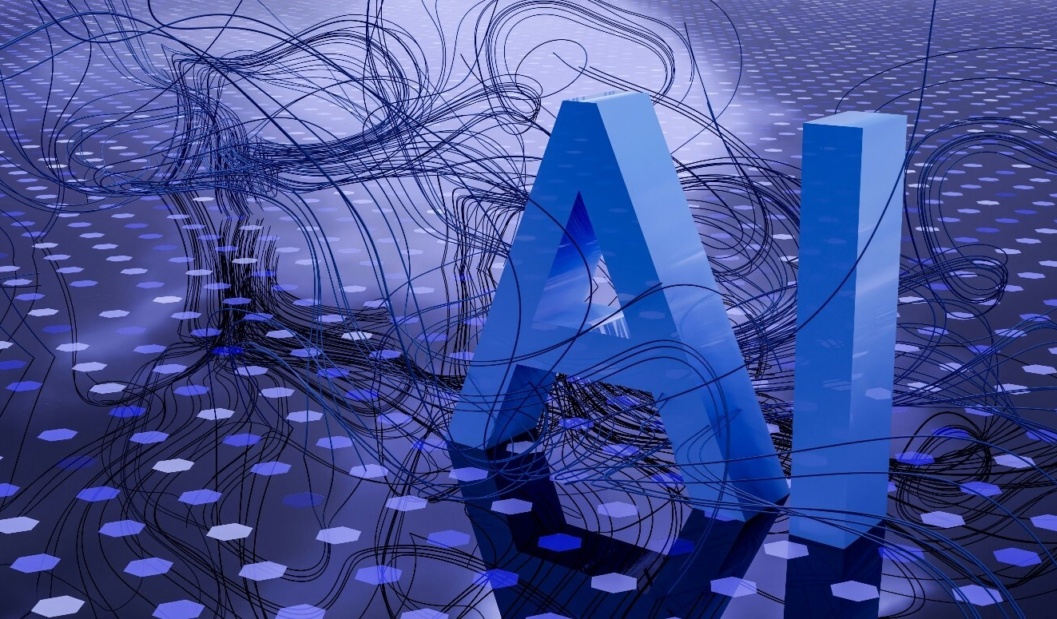In 2023, the legal landscape has witnessed a seismic shift with the rise of AI technologies like CHAPTGPT, and POE. However, as we explore the potential of AI in courtrooms, recent developments shed a light on the complexities and risks associated with replacing human judges with artificial intelligence.
Australia’s proactive stance in recognising AI as a patent owner raises intriguing questions about the broader implications for the legal system. A recent example of Al being implemented into court rooms, is in Estonia they are already implementing AI judges for small claim disputes.
As for the prospect of AI judges in the near future, legal experts assert that the need for human judges remains, especially in cased involving judicial discretion. The emotional intelligence required in complex litigations, where judgements involve a nuanced understanding of reasonableness and potential deception, remains beyond the capabilities of current AI technologies.
In conclusion, while AI can undoubtedly assist in streaming court processes, it is imperative to acknowledge the stark difference between predictive capabilities and the exercise of judgement. The human touch, with its capacity for empathy, compassion, and nuanced decision-making, remains irreplaceable in the courtroom. As we cautiously navigate the integration of AI in legal practices, preserving the core requirements of justice must be non-negotiable, even in the face of potential efficiency gains.
Our team specialises in criminal law. Our role is to sit down with you and work out the strategy that will get you the best possible result. If you have any questions about this article or any other topic of law, please call our team of experts on 1300 066 669.





